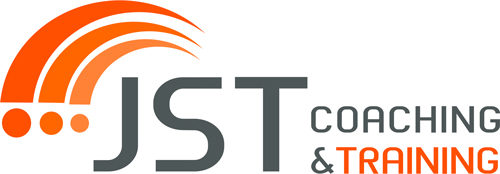Each year Americans celebrate Black History Month in February to honor the achievements and sacrifices of African Americans. Hosted in February to honor Abraham Lincoln and Frederick Douglass, the origins of Black history month can be traced back to Negro History week and Dr. Carter G. Woodson.
The theme for 2023 is Black Resistance. Resistance shows up in many ways, from peaceful protests to boycotts to physical resistance. Resistance among African Americans has created genres of music (blues, rap, hip-hop, etc.), changed rules of sports, created historically Black colleges and universities and shaped generations of Black Americans, both enslaved and free. For centuries, education has been viewed as a form of resistance, from teaching enslaved people to secretly read and write, to using affirmative action to create a semblance of equality in schools. We can all learn more about issues facing Black Americans to inform ourselves and our coaching practices.
As I think of current events facing my Black community: the recent murder of skateboarder Tyre Nichols in Memphis, the battle to erase DEI from Florida and other Republican controlled states, continued health disparities and the impending Supreme Court decision regarding affirmative action in higher education; I find myself wondering what does Black History month mean to me? How am I embodying the theme this month and throughout the year?
For me Black Resistance looks like learning, resting, and holding space for people in my community. It is providing a space for my Black clients to exist without judgement. It is remembering that I am enough. It is co-teaching a class on Social Justice to guide students towards shifting their mindsets. It is watching this video of elementary students sing Lift Every Voice and Sing, aka the Black national anthem and recalling how I learned this song many years ago. It is hope that we all find ways to resist and uplift the lives of Black Americans this month and all year.

